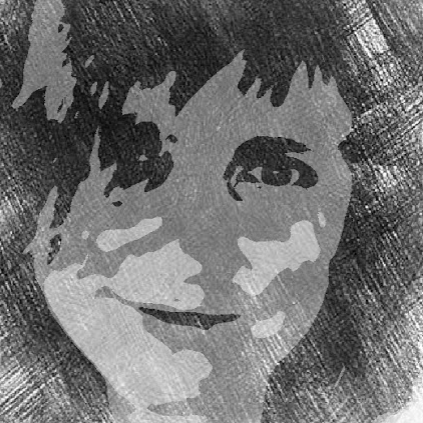
Marine biologists Sofía Tristancho Ruiz and Víctor Manuel Pérez Ignacio from Cadiz in Spain started their company Futuralga because they saw that seaweed was just rotting along the coast, while this can also be used as a biodegradable raw material for packaging of e.g. plants, vegetables and fruit if you process it into bioplastics. Unlike ordinary plastic, bioplastic decomposes when you toss it on the compost heap.

Why did you set up this company?
“We saw that disposable plastic would eventually be banned and that this would cause a huge problem, but that this would also provide an opening to come up with another raw material. And we are both divers and marine biologists. We love life in the sea and we want to protect it from pollution caused by disposable plastic waste.”
So, the European directive to ban disposable plastic is the trigger. Are the consequences of this directive the same for every country?
“No. Each country may take its own measures to implement it. Spain, for one thing, is rather slow in doing that. But it will lead to a reduction in the use of single-use plastics in Europe.”
What was the main obstacle you have had to overcome?
“To get people to start believing in our idea. At first they said we were crazy. People said, ‘How could you ever think that this is possible?’ “
How did you come up with the product? The material you brought with you now looks just like a piece of stiff, dark green leather or cardboard.
“We saw it on the beach and we thought it should be used for something. It was rotting and it stank. People on the beach are adversely affected by it. That’s why the municipality picks it up and takes it to a garbage dump.”
So, you saw that you could make a raw material out of it. Then you started trying to make something out of it in your kitchen at home by mixing it and drying it on the heater.
“Something like that. We tried things out, we added ingredients and it turned out that it worked.”
So your raw material is free? You stroll along the beach and pick up your raw material for the production and that’s it.
“No. You can’t just take seaweed off the beach and process it into a raw material. You have to apply for a permit from the municipality and you have to pay for that.”
Was that easy?
“It was a very bureaucratic thing, and at City Hall they said we were nuts. But we got one.”
What has been the most important breakthrough?
“That we are applying to the University of Cadiz for a grant this spring. We need that money in order to perfect the material and turn it into a product that we can market.”
What can we expect from you this coming year?
“Then we want to have perfected our material and have a prototype. We have a partnership with a distributor of fruit, among other things. Wee want to make a tray with slots in it for this where apples can be placed, for instance.”
Where do you want to be five years from now with Futuralga?
“By then I hope that we have a factory that produces the material and the packaging and that we are exporting it. And that we can also make a living out of our idea.”

